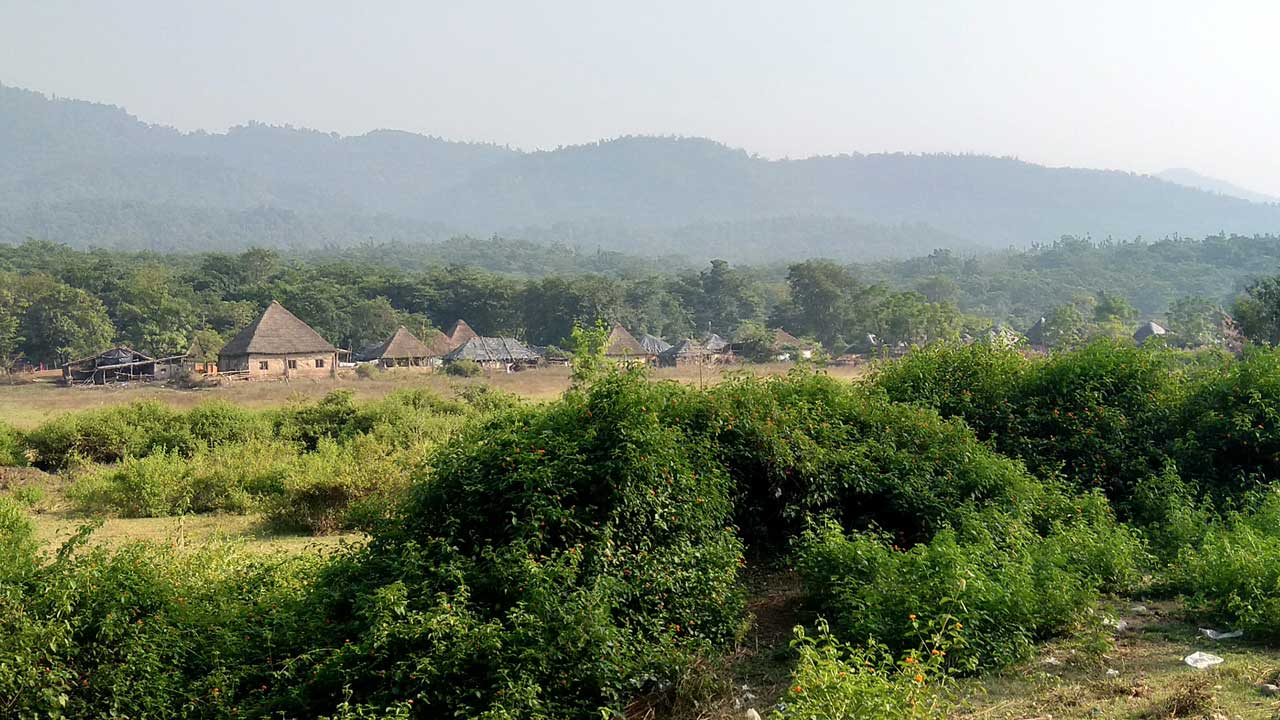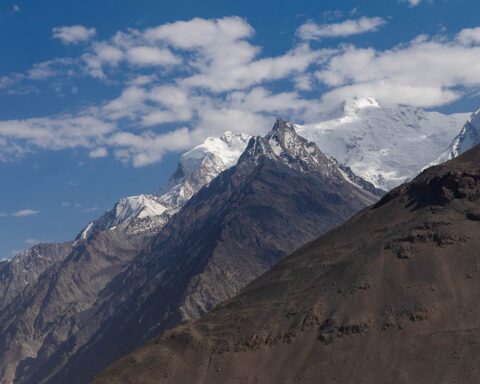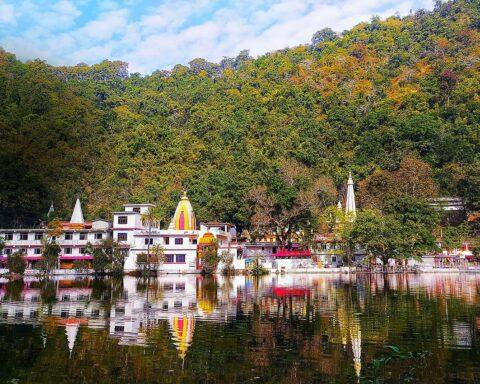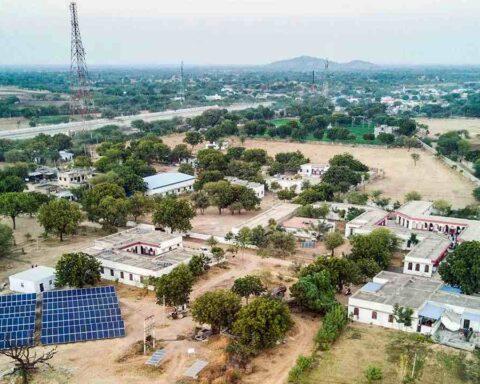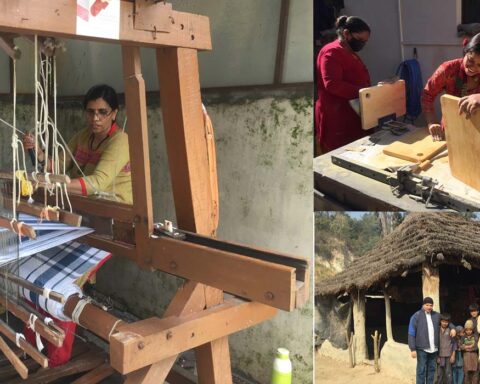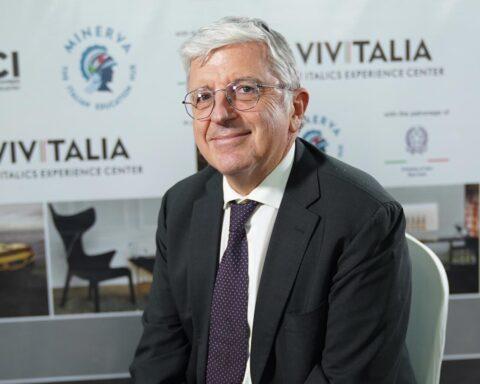To achieve the target of restricting the rise in global warming to not more than 1.5o C by 2030, the emission of greenhouse gases all over the planet needs to come down by 7.5% annually for a decade, starting in 2020, according to the United Nations Environment Programme (UNEP). In November 2021, member nations gathered in Glasgow for the 26th Conference of Parties (COP26) to reiterate their commitment to curb climate change. While the bold statements by the world leaders generated enough headlines, there wasn’t much available in terms of a concrete action plan for achieving the target.
Another conspicuous omission from the discussions at COP26 was the restoration of Earth’s biodiversity which is crucial for the survival of life on the planet. That’s not surprising, because they had left out of the discussion perhaps the most important group who could help in this endeavour — the indigenous people and forest dwellers of the world.

